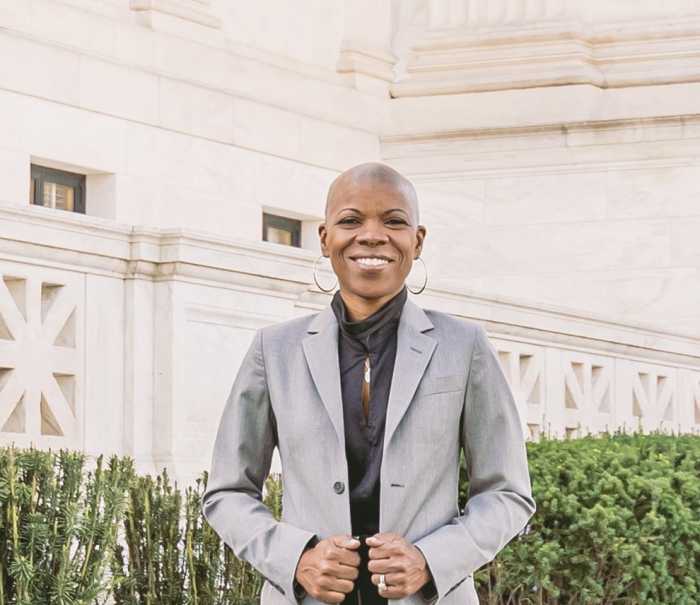Volume 5, Number 35 | August 31 – September 6, 2006
LEGAL
No Sex Booths In Miami
Federal court rejects challenge to Dade County adult bookstore regs
U.S. District Judge Adalberto Jordan has rejected all constitutional challenges to a Miami-Dade County, Florida, ordinance that prohibits adult businesses from having video booths with doors that can close.
Three adult bookstores recently challenged the 1996 ordinance, claiming that in light of the Supreme Court’s 2003 decision in Lawrence v. Texas finding gay sex protected under the federal Constitution’s due process clause, the county was violating the constitutional rights of bookstore patrons by requiring video booths to have permanently open entrances, and imposing a fine for people engaging in sex in the bookstores.
On July 31, Jordan granted the county’s motion for summary judgment in the case.
The ordinance was passed after the county commissioners heard testimony from public health experts that enclosed video booths in bookstores were a venue for unsafe sex that could spread sexually transmitted diseases, including AIDS. The proposal was presented as a public health measure rather than an attempt to crack down on adult businesses as a matter of morality.
At the time the ordinance was passed, gay sex, even among consenting adults in private, remained a misdemeanor in Florida. Meanwhile, HIV prevalence in Dade County was among the highest in the nation, stimulating political pressure for the commissioners to do something to prevent its transmission.
Predictably, revenues from video booths in adult bookstores in Miami dropped sharply after the law was enacted. The plaintiffs presented a medical expert who testified that the law was not an effective public health measure and that there was no proof that enclosed video booths in adult bookstores were a major venue for sexually transmitted disease.
The county argued that this lawsuit should be rejected because a federal constitutional challenge to the statute filed shortly after the law went into effect had failed. But the plaintiffs argued that in the wake of the Lawrence ruling, the question whether their customers’ constitutional rights were violated had to be examined anew.
Jordan concluded that the new lawsuit was not precluded by the old one, but, in what is becoming a tired refrain, that Lawrence v. Texas does not change the legal analysis used in the prior case. He pointed to a ruling by the Atlanta-based U.S. Court of Appeals for the 11th Circuit, which hears cases from Florida, that rejected the argument that the right to engage in private consensual gay sex affirmed in Lawrence is fundamental. The state, therefore, does not need to provide a compelling justification for the bookstore statute, merely a rational one.
Jordan noted the disagreement among public health experts about the efficacy of the law, but concluded that county commissioners could rationally conclude that there was a benefit. He also noted that prior rulings had found that adult bookstores are places of public accommodation, not private locales.
Jordan said no First Amendment issues were implicated since there was no bar on the showing of sexually-explicit films in the booths. Instead, conduct in the booths would now be open to public view, and sexual behavior would no longer be protected by any the constitutional privacy right.
Given the 11th Circuit approach to Lawrence, an appeal there would likely fail, and so far the Supreme Court has refused to hear appeals to this restrictive reading of the 2003 decision.
gaycitynews.com



































